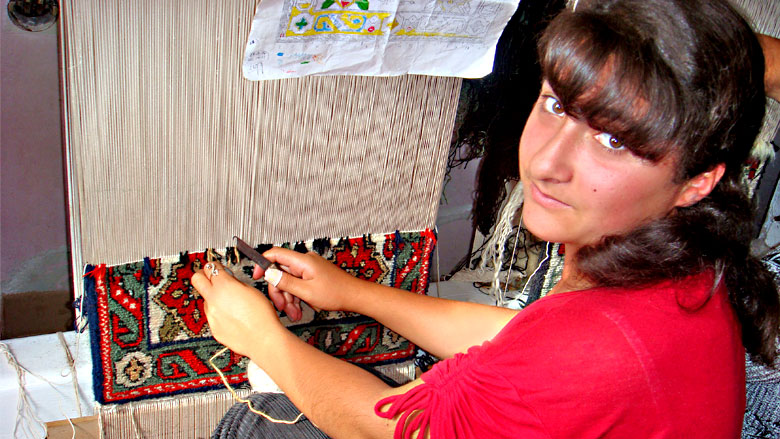Facilitating Trade
As a step towards helping countries like those in Europe and Central Asia resolve these issues, the World Trade Organization (WTO) has initiated a Trade Facilitation Agreement, which requires countries to develop and implement a wide range of measures that will make global trade faster and easier. One of these proposed measures is to require customs authorities to give participants involved in global trade - importers, exporters, shipping agents, customs brokers and warehouse operators, etc., who meet certain criteria - preferential treatment by customs authorities. This would come in the form of expedited clearance times, fewer inspections of cargo, and improved security and communications between supply chain partners.
The World Bank Group's Trade & Competitiveness Global Practice - a joint practice of the World Bank and IFC - and other international partners are helping governments in the Europe and Central Asia region align with the pending WTO agreement and implement tangible measures to facilitate trade.
In Georgia, for example, the World Bank Group’s work includes several activities:
- The Trade & Competitiveness Global Practice, with IFC and donor funding, led the Georgia Investment Climate project, which upgraded and integrated the country’s customs information system, ASYCUDA World, which has led to more modern and streamlined customs procedures.
- The World Bank Group helped the Georgia Revenue Service adopt a new customs risk management policy in December 2015, which reduces the number of inspections required to import goods, benefitting businesses and increasing state revenues through more efficient inspections and improved system of identifying fraud.
- The World Bank Group hosted a June 2016 conference in Batumi, Georgia, with 70 participants from national customs administrations and ministries of trade and economy from 17 countries in the Europe and Central Asia region to discuss the forthcoming WTO agreement.
“Enhancing international trade will help bring tangible benefits to all our countries,” said Vakhtang Lashkaradze, the Deputy Director General of Georgia's Revenue Service. “We believe Georgia has a lot to share and also learn from other countries. Our joint efforts will help boost private sector growth across the region.”
In the Western Balkans:
- Albania and Kosovo: The World Bank Group brokered a bilateral trade and transit agreement between the two countries that reduced checks and wait time at the border.
- Bosnia and Herzegovina: Clearance times have been reduced by 10 percent through the expansion of working hours of technical border agencies at the three main border crossing points with Croatia, accounting for 70 percent of bilateral trade.
- Former Yugoslav Republic of Macedonia: The Bank Group assisted the Food and Veterinary Agency and the State Sanitary and Health Inspectorate with adopting a risk-based import control methodology. As a result, a 50 percent reduction in the sampling rate of consignments crossing the border was achieved, lowering transport times and costs.
- Montenegro: A Bank Group-supported program reduced controls on excise goods from 100 percent to 23 percent after customs applied risk management methodologies.
- Montenegro: The government deployed software that expedited consignment processing times by up to 50 percent and added full transparency to the process. With this software, traders can access online status updates on their shipments.
- Albania: Minimized the time needed for goods to be released into free circulation into market by up to one full day through the introduction of an online electronic payment system.
The WTO’s Trade Facilitation Agreement will come into force once two-thirds of its members ratify and comply with the Agreement. For businesses, compliance will mean less paperwork, less time wasted, and lower trade-related costs.
“Our goal in working with countries in Europe and Central Asia is to ensure they are not only prepared for the forthcoming WTO compliance requirements, but also that they extract maximum benefits from improved trade relations with other countries and regions,” says Lisa Kaestner, Europe and Central Asia, Practice Manager for the World Bank Group’s Trade & Competitiveness Global Practice. “Trade facilitation can be a win for everyone, but the right policies and procedures need to be in place first.”


